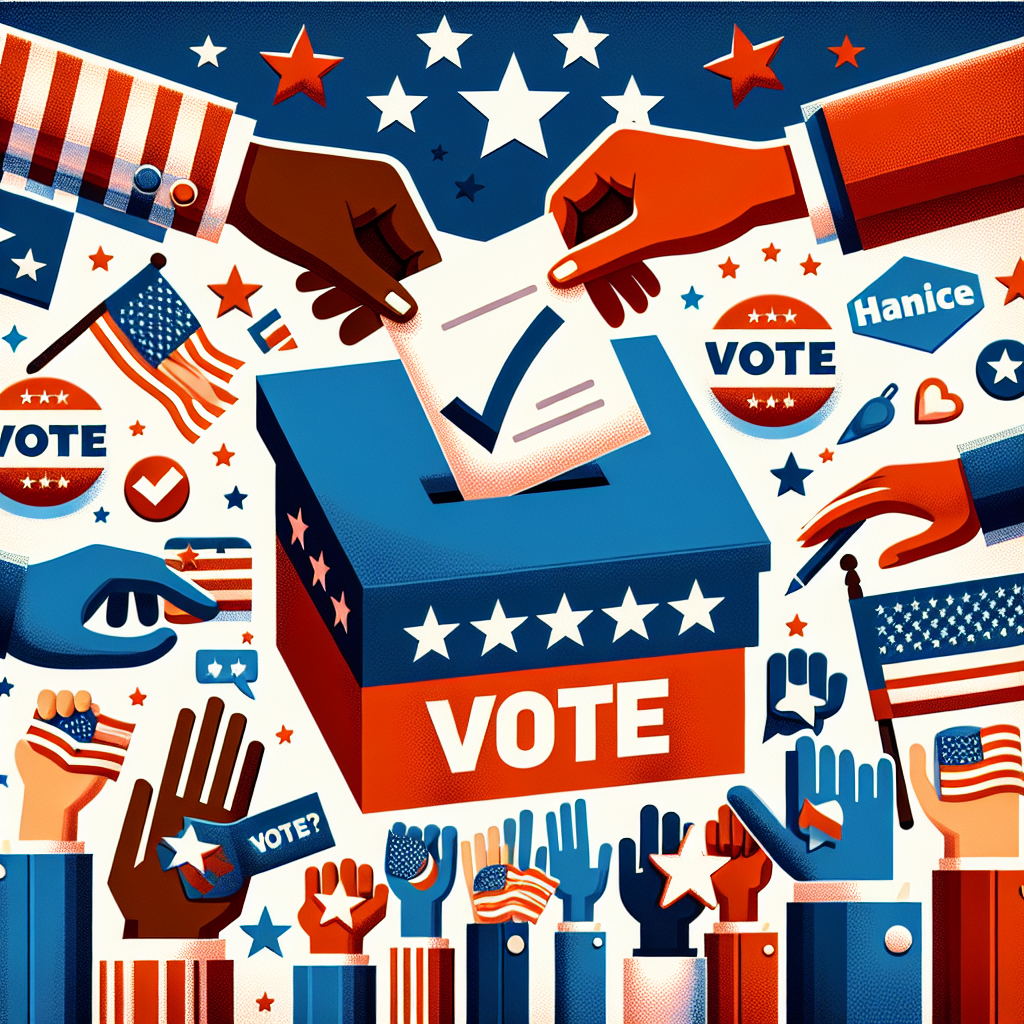The author, a self-identified anarchist, opens with a declaration of his skepticism towards voting, emphasizing he hasn’t participated in elections since his youth when he naively believed in the sanctity of the voting process. With an anarchist tattoo as a badge of his beliefs, he reflects on how voters implicitly accept political systems through their participation in elections. In previous writings, he asserted that participating in voting strips individuals of their moral right to complain about governmental outcomes, stating that a true supporter of democracy should be equally content with any election result. This perspective anchors the author’s belief that detachment from partisan politics is essential, allowing individuals to voice their grievances without contradiction.
Despite his reluctance, the author contemplates the notion of voting in the upcoming American elections. He proposes a pragmatic approach: If he lived in a swing state where his vote might more significantly impact the outcome, he would reconsider his stance. His calculations utilize historical voting data and polling statistics, suggesting that while voting is generally irrational behavior for effecting change, there are specific situations where it might be deemed sensible. He notes that in closely contested states, the chances of influencing election outcomes are not entirely negligible, likening them to risks of other unlikely events in life—making the decision to participate less of a fool’s errand.
Assessing the current political landscape and acknowledging his anarchist principles, the author encompasses reasons that would compel him to vote for Donald Trump were he eligible to participate in North Carolina’s election. First, he contends that Bitcoin is a critical factor in the contemporary economy, deeming it an essential vehicle for financial freedom. He believes that under a Republican administration, the cryptocurrency industry would be treated more favorably compared to the hostile approach taken by the Democrats. The ongoing tensions surrounding Bitcoin regulation highlight the author’s view that a Trump presidency could foster a more supportive environment for the cryptocurrency market.
Second, he references a persuasive article that argued for classical liberals to lean toward the Republican Party—not out of genuine support but rather as a strategic choice to combat the prevailing leftist influence among major societal pillars, including academia and media. The author finds merit in the idea that a Republican presidency offers a necessary counterbalance, attracting scrutiny from leftist factions that would otherwise operate unchallenged in a Democrat-dominated environment. This shift reflects his concerns about the cultural ramifications of a monolithic ideological stance in governance and society.
The cultural war emerges as the third compelling reason to support Trump, as the author believes that deteriorating cultural values and demographic shifts require urgent attention. He references a statistical trend indicating that the prevalence of “wokeness” has peaked but acknowledges that the struggle to restore balance is ongoing. Citing a desire to resist a corrupt establishment, he articulates the intrinsic satisfaction in opposing a system that many view as incompetent. This perspective reshapes his understanding of the political landscape, wherein the distinctness of party ideology becomes essential to cultural resilience.
Finally, the author contends that the emerging political dichotomy no longer aligns with the traditional libertarian perspective that deemed Republicans better on fiscal issues and Democrats preferable regarding social freedoms. With the conflation of such positions, it prompts reflection on the necessity of making strategic choices in a complex political arena. Though he maintains a critical stance towards the act of voting, he enables himself to be pragmatic in light of the current dynamics, concluding with a call for individuals to prioritize personal engagement with the world over political distractions. The message culminates in a reminder to take action in the realms that matter—encouraging personal agency and attention to life outside politics.

